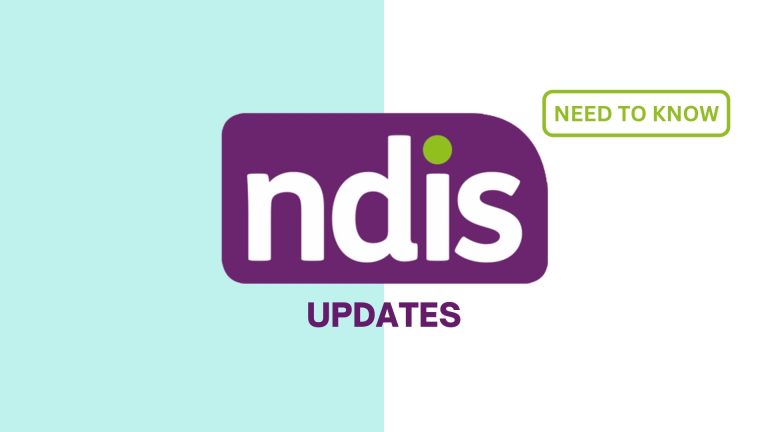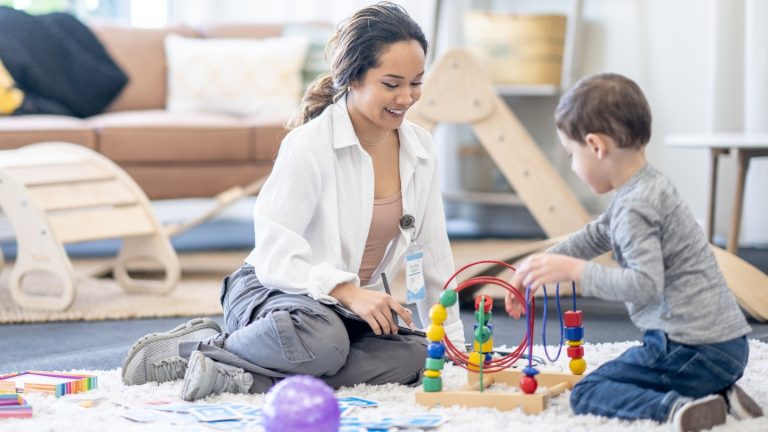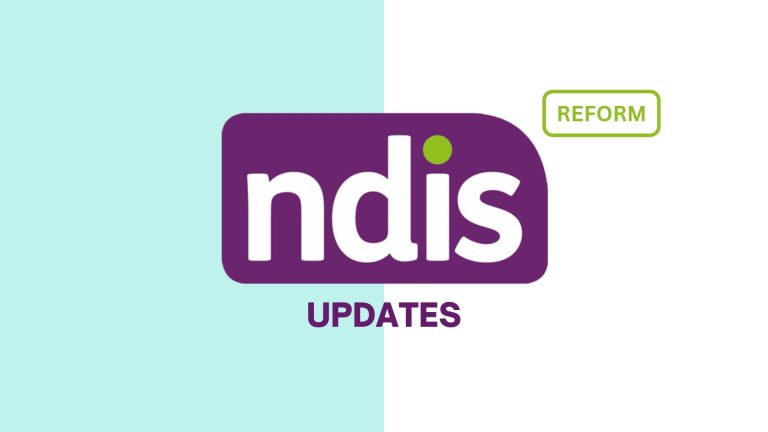
As of 3 October 2024, new changes to the National Disability Insurance Scheme (NDIS) have come into effect. These updates, introduced by the NDIS Amendment Bill 2024, aim to provide clearer guidelines on funding, introduce new definitions, and ensure greater transparency and accountability for participants, providers, and support coordinators.
We are committed to helping participants and support coordinators understand and adapt to these changes. Below is a simple breakdown of the key updates.
Key Updates to the NDIS
1. Funding Only for Approved Supports
NDIS funds can now only be used for supports related to the impairments that led to a participant’s acceptance into the scheme. New lists have been published by the NDIS outlining:
- What qualifies as an NDIS support
- What does not qualify as an NDIS support
- What is a replacement support
Click to download the full list directly from the NDIS
2. Flexible Budgeting with Total Funded Supports
Instead of strict line-by-line budgets, participants will now have total budgets. This provides more flexibility but also limits requests for additional funding if budgets are exhausted.
For example: A participant can now reallocate transportation funds for in-home care if it better fits their needs.
3. Changes to Reasonable & Necessary Supports
The definition of “reasonable and necessary” has been updated to ensure all supports are clearly linked to a participant’s qualifying impairment.
New wording emphasises that the NDIS will only fund supports that are deemed NDIS supports for the participant.
4. Managing Claims and Payments
Providers must ensure that participants have enough funds in their plan before delivering services. Over-utilisation will not trigger reassessment for more funds.
From now on, all claims must be made within two years of service delivery to ensure payment.

Impact on Support Coordinators
Providers are now responsible for confirming if a service or product is covered under the new NDIS rules before delivery. Claims for products not listed as NDIS supports will require written approval from an NDIA planner to be reimbursed.
Top Tip: Familiarise yourself with the new NDIS supports list to avoid rejected claims.
Replacement Supports
The NDIS now allows for replacement supports in unique cases where a more cost-effective solution provides equal or better benefit. For example: Instead of funding a specialised communication device, the NDIS may approve an iPad if it is demonstrated to be more cost-effective and beneficial for the participant’s needs.
Co-Design & New Payment Models
In 2025, the NDIS will trial blended payment methods, combining enrolment payments (regular support) with outcome-based payments (goal achievement).
This trial will initially focus on providers offering:
- Employment supports for school leavers
- Supported Independent Living (SIL)
- Supports for younger people in residential aged care
- Clinic Location: Robina
2/201 Ron Penhaligon Way, Robina, 4226
Gold Coast, Queensland
These changes represent a significant shift in how the NDIS operates, but with proper planning and communication, we can ensure smooth transitions for all participants. Therapy Partners remains committed to guiding you through these changes and supporting you every step of the way.
🔗 Additional Helpful Resources:





